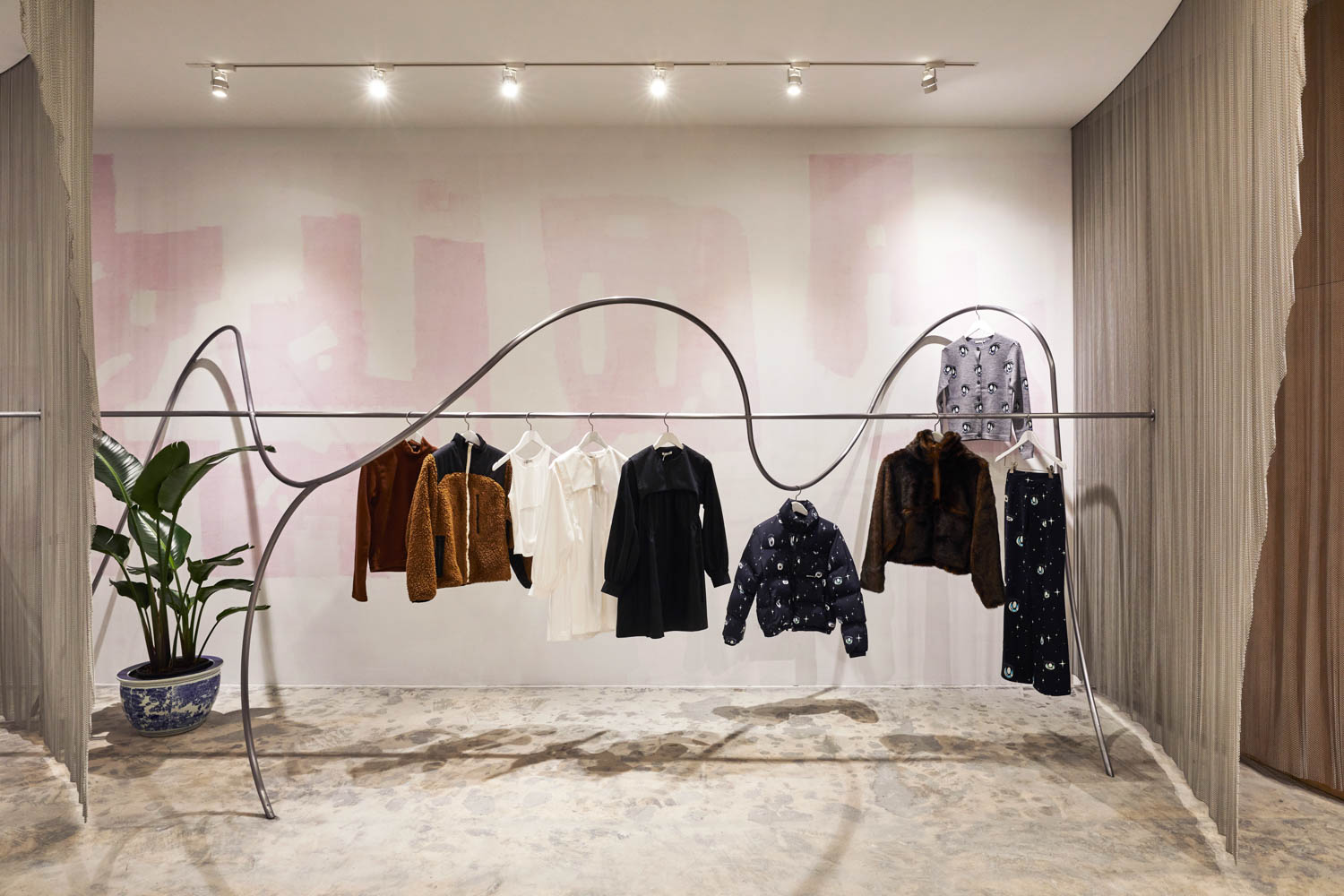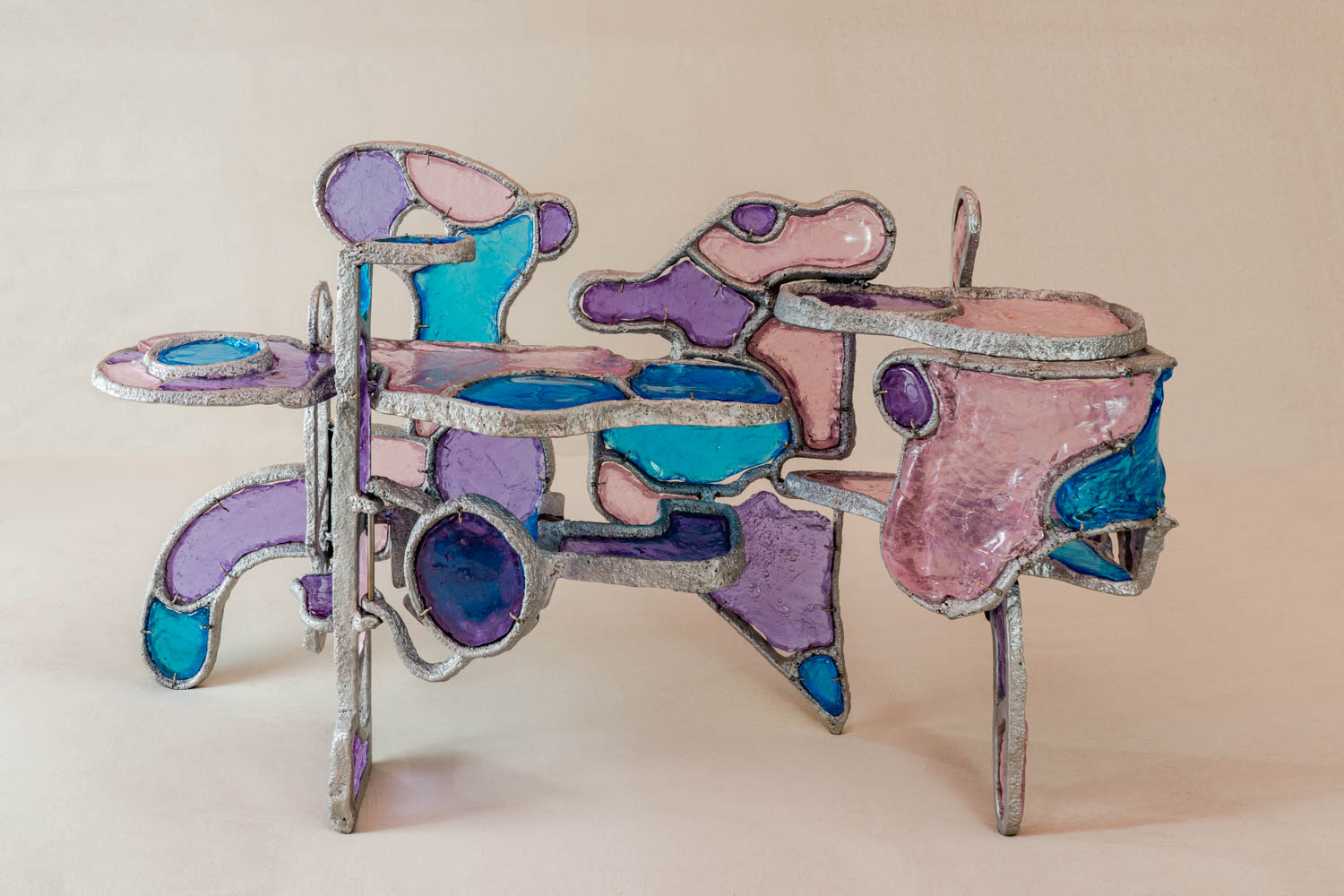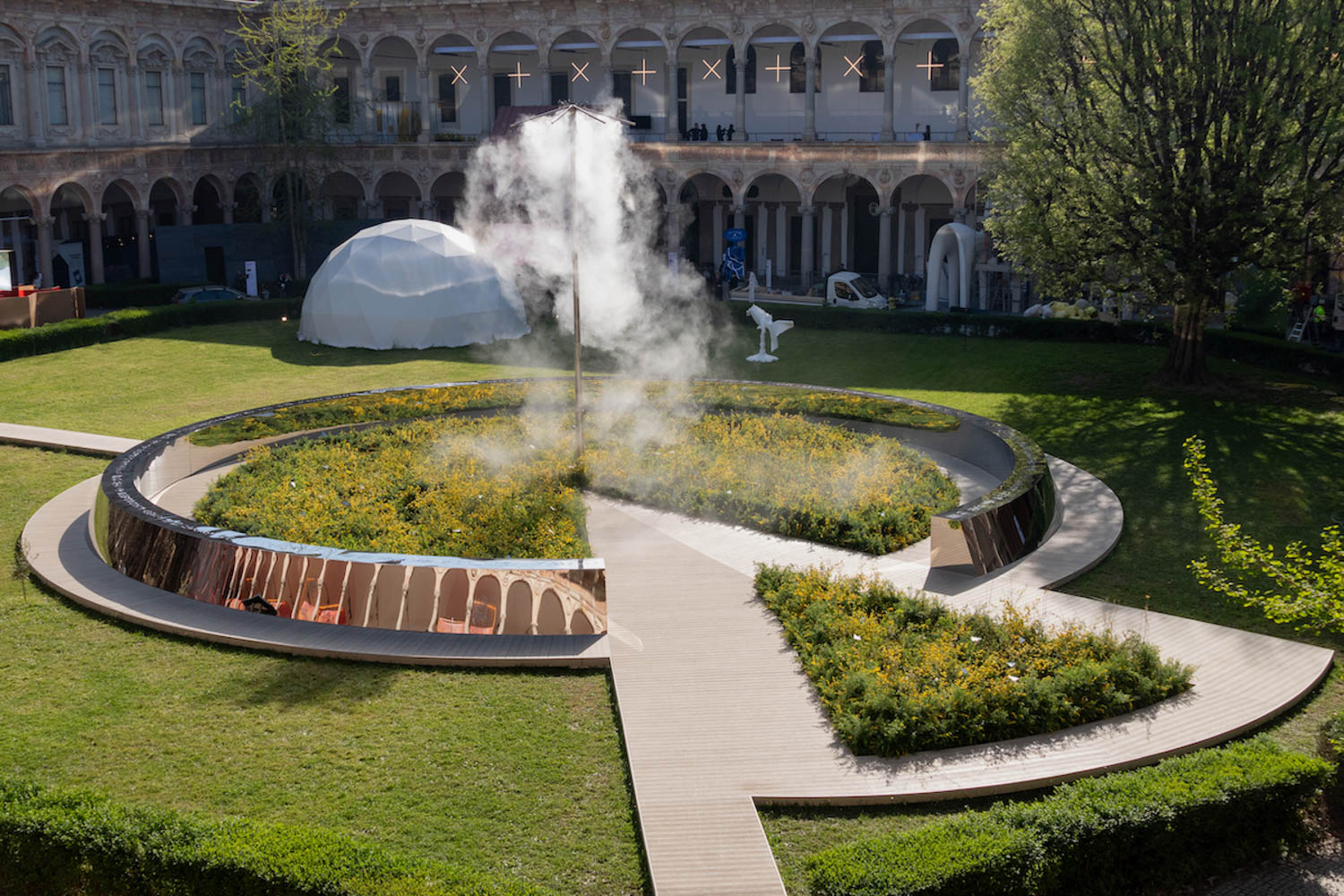SICIS Reconstructs Historic Bangkok Temple Paintings in Mosaics
Sri Mariamman Temple in Bangkok—built in 1879 and considered the largest Hindu shrine outside of India—recently underwent a detailed restoration to ensure its survival, which involved, in part, replacing traditional paintings of deities with more durable mosaic works. To do this, the family that currently guards the temple entrusted SICIS, a global supplier of hand-made mosaics, to create a multitude of mosaic tiles in vibrant hues that were then used to reimagine the traditional paintings.

“Being an old construction, there were no straight lines—the concave niches at the main dome and arches were quite irregular and slightly different one to the other—so the first challenge was to set correct methods for the survey of the surfaces that would receive the mosaics,” said Leo Placuzzi, founder of SICIS. “Later on we faced a challenge related to the interpretation of the original paintings, as to how to correctly translate from one medium to another—painting to mosaic.”

To ensure authenticity, SICIS worked closely with the artists appointed by the committee in charge of the sanctuary, using gold and Murano glass tesserae to recreate their hand-painted depictions of the traditional works in the SICIS Ravenna laboratories. “An unexpected problem we had to solve was the special shade of ‘caramel’ skin color, which in fact was missing among our standard range,” added Placuzzi, noting that SICIS then produced that precise shade. With unwavering attention to detail, SICIS reconstructed each fresco in the temple, taking care to honor the religious symbolism and placement of objects. “It’s funny to observe how the past repeats in the present,” observed Placuzzi, who recalled that Byzantine culture elevated the use of mosaics. More than 1600 years later, SICIS, established in the capital of the former Byzantine Empire, carries on the tradition.




